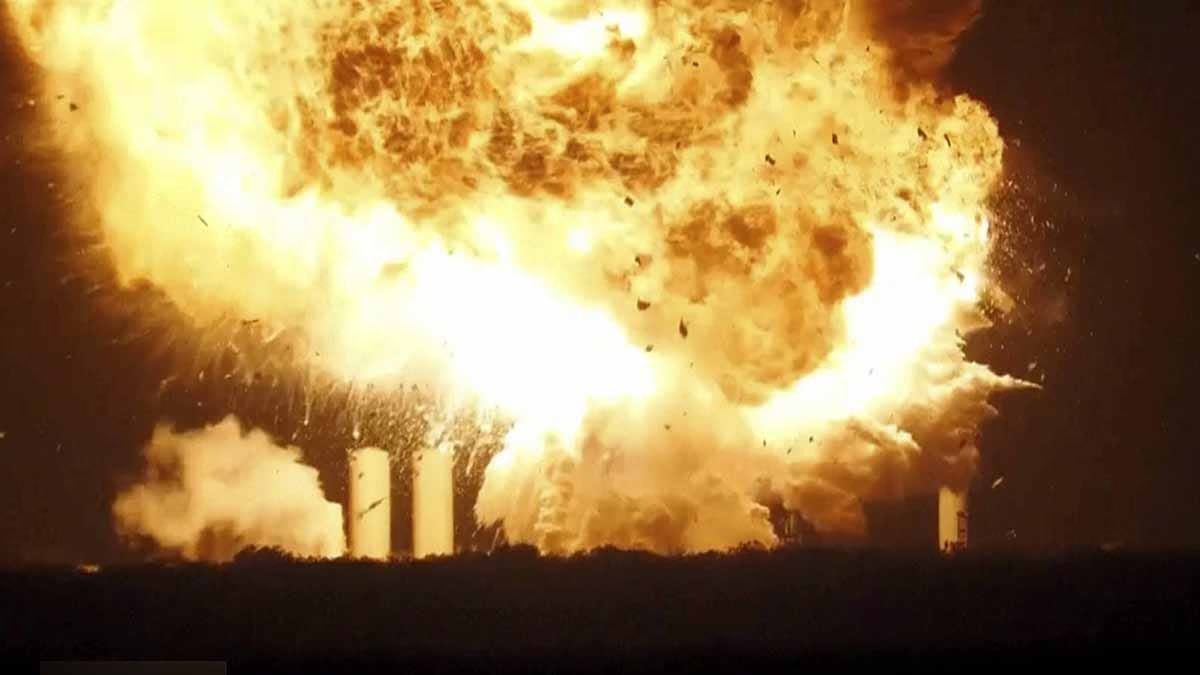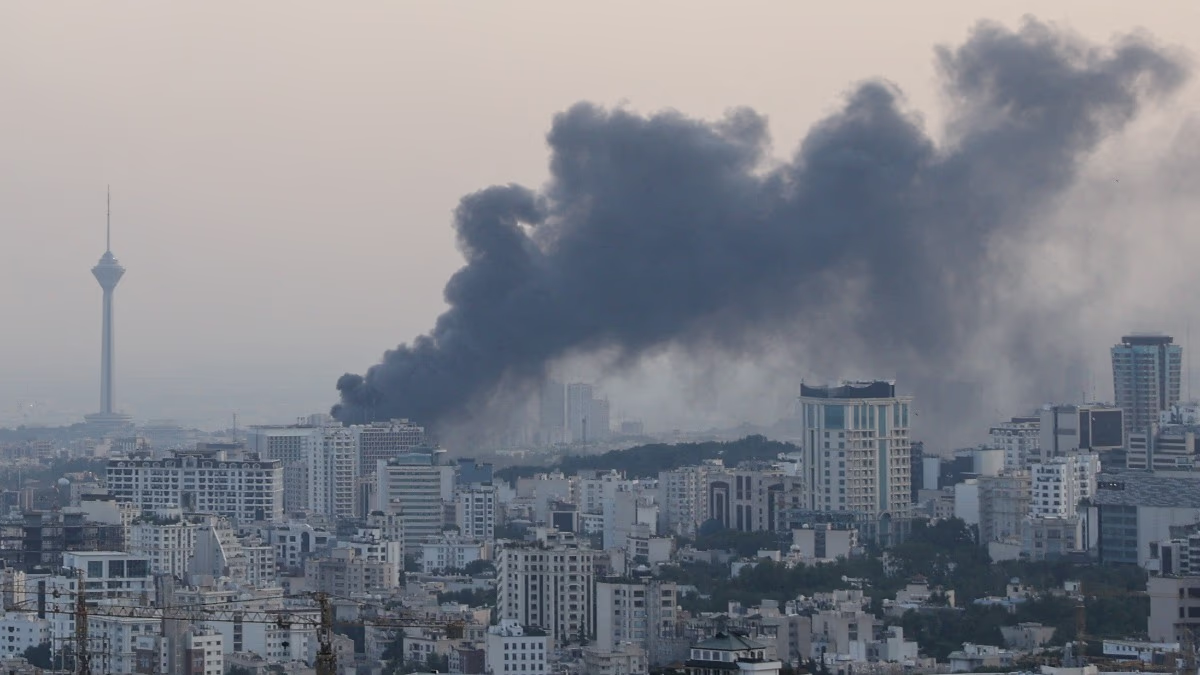Indian astronaut Group Captain Shubhanshu Shukla’s trip to the space station faces another delay. NASA postponed the Axiom Mission-4 (Ax-4) launch scheduled for June 22, 2025. This mission is seminal for India, Poland, and Hungary, marking their first manned space flight in 40 years. Yet, frequent delays have sparked questions.
What is Axiom Mission-4?
Axiom Mission-4 is a private space flight by Axiom Space, NASA, and SpaceX. Four astronauts will spend 14 days on the International Space Station (ISS), conducting experiments related to microgravity and biology. Shubhanshu Shukla from India will assume the role of pilot.
Read More:
The commander will be Peggy Whitson. Co-passengers include Slawos Uzanski-Wiesniewski from Poland and Tibor Kapó from Hungary. Shukla will become India’s second astronaut in space since Rakesh Sharma in 1984. India's expenditure on this mission amounts to INR 550 crores, part of preparations for the Gaganyaan mission.
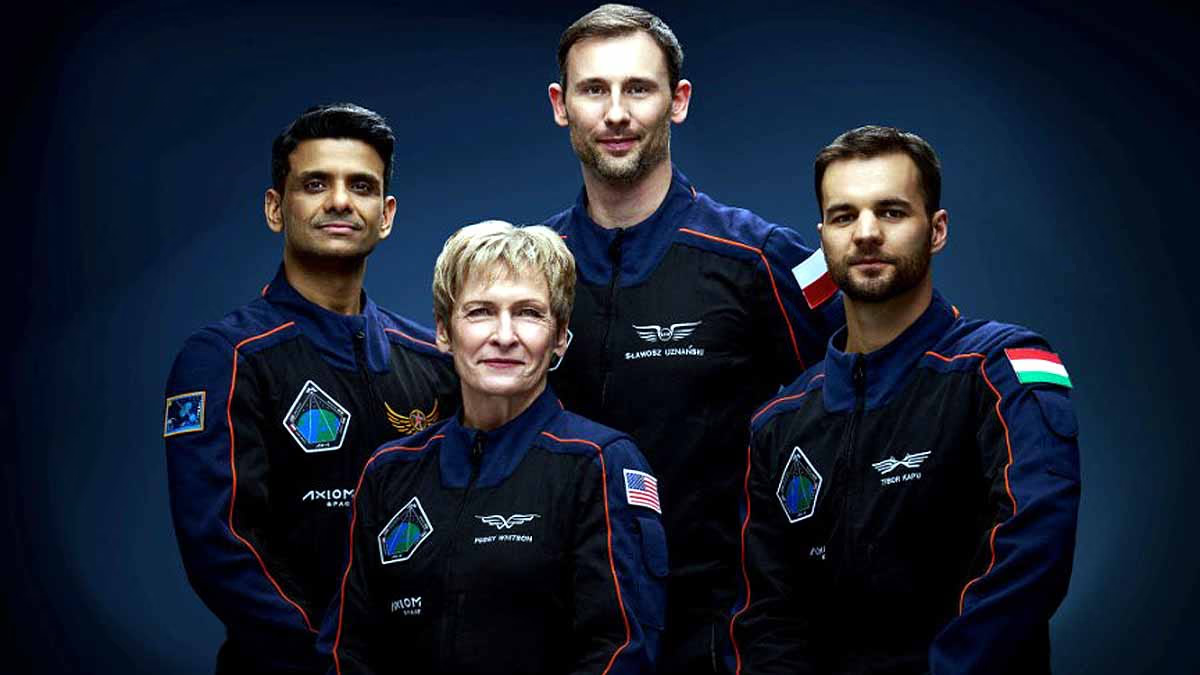
Source: aajtak
Launch Timeline Delays
The Axiom Mission-4 launch has been postponed multiple times. Here is the timeline...
May 29, 2025: Original launch date, postponed due to technical issues with SpaceX’s Falcon 9 rocket (Crew Dragon module’s electrical harness problem).
June 8, 2025: New date set but again postponed due to further Falcon 9 preparations.
June 9, 2025: Launch delayed by one day due to adverse weather conditions.
June 10, 2025: Persistent bad weather caused further delays. ISRO recommended repair and low-temperature leakage tests for a liquid oxygen (LOX) leak in Falcon 9.
June 11, 2025: In addition to the LOX leak, ISS’s Zvezda service module exhibited a new pressure anomaly, delaying the launch again.
June 19, 2025: ISRO confirmed LOX leak repair completion. June 19 was proposed as the new launch date but was deferred for further ISS Zvezda module inspection.
June 22, 2025: After a thorough review of data and Zvezda module repairs, NASA called off the June 22 date; expected to announce a new date soon.
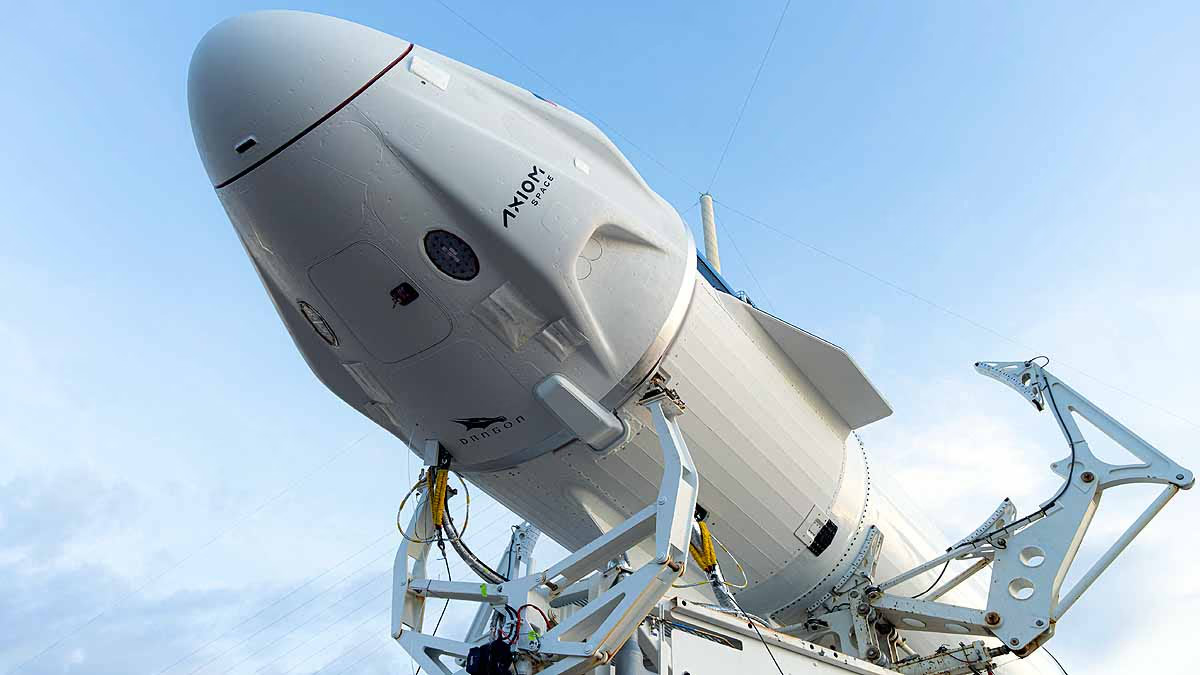
Source: aajtak
Reasons Behind Launch Delays
There are multiple causes for Axiom Mission-4 postponements...
Technical Issues with Falcon 9:
Multiple delays between May and June were due to SpaceX’s Falcon 9 rocket’s liquid oxygen leak. ISRO recommended fixes and low-temperature testing, with confirmation of issue resolution by June 14.
Adverse Weather:
Poor weather on June 9-10 forced schedule changes. Favorable conditions at Florida’s Kennedy Space Center are crucial.
Read More:
Zvezda Service Module:
After recent repairs, the Russian segment of the ISS, the Zvezda Service Module, exhibited pressure signature issues, necessitating review by NASA and Russia’s Roscosmos to ensure ISS’s preparedness for the new crew.
Complex ISS Systems:
The interconnectedness of ISS systems makes NASA cautious to guarantee station safety, especially after Zvezda module repair, shifting focus to critical examination.
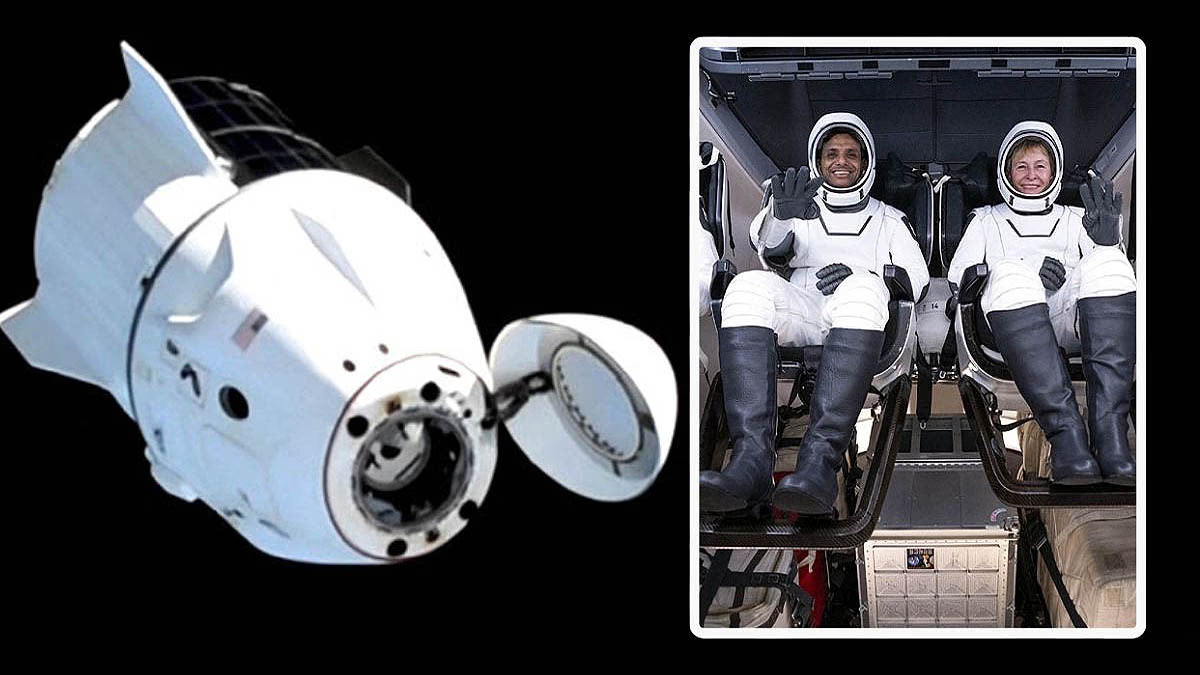
Source: aajtak
Concerns Arising from Delays
Axiom Mission-4 postponements elicit growing concerns...
Space Station Safety:
Zvezda module pressure issues pose significant hazards. NASA maintains that this minor leak isn’t exceptional but stresses safety precautions.
Mission Timeline:
The mission’s historic significance for India, Poland, and Hungary means delays affect space aspirations. ISRO’s seven experiments require timely sample preparations, delayed samples must be refreshed.
Economic and Technical Pressure:
India invested INR 550 crores in this mission. Interruptions escalate costs and technological fixes demand time.
SpaceX’s Credibility:
Recent Texas incidents where SpaceX’s Starship rocket exploded during a regular test raise questions about SpaceX’s technical protocols.
Current Status
NASA, Axiom Space, and SpaceX will soon reveal a new launch date. The crew is quarantined in Florida, ready to proceed. Falcon 9 rocket and Dragon spacecraft at Kennedy Space Center’s Launch Complex 39A are in good health.
Shubhanshu Shukla’s venture is a source of national pride for India, but repeated delays augment mission challenges. NASA and partners exercise caution to guarantee ISS safety and technical dependability. Launch is contingent upon resolving Zvezda repairs and Falcon 9 technical hurdles. Though disheartening for India, Poland, and Hungary, safety remains paramount.
